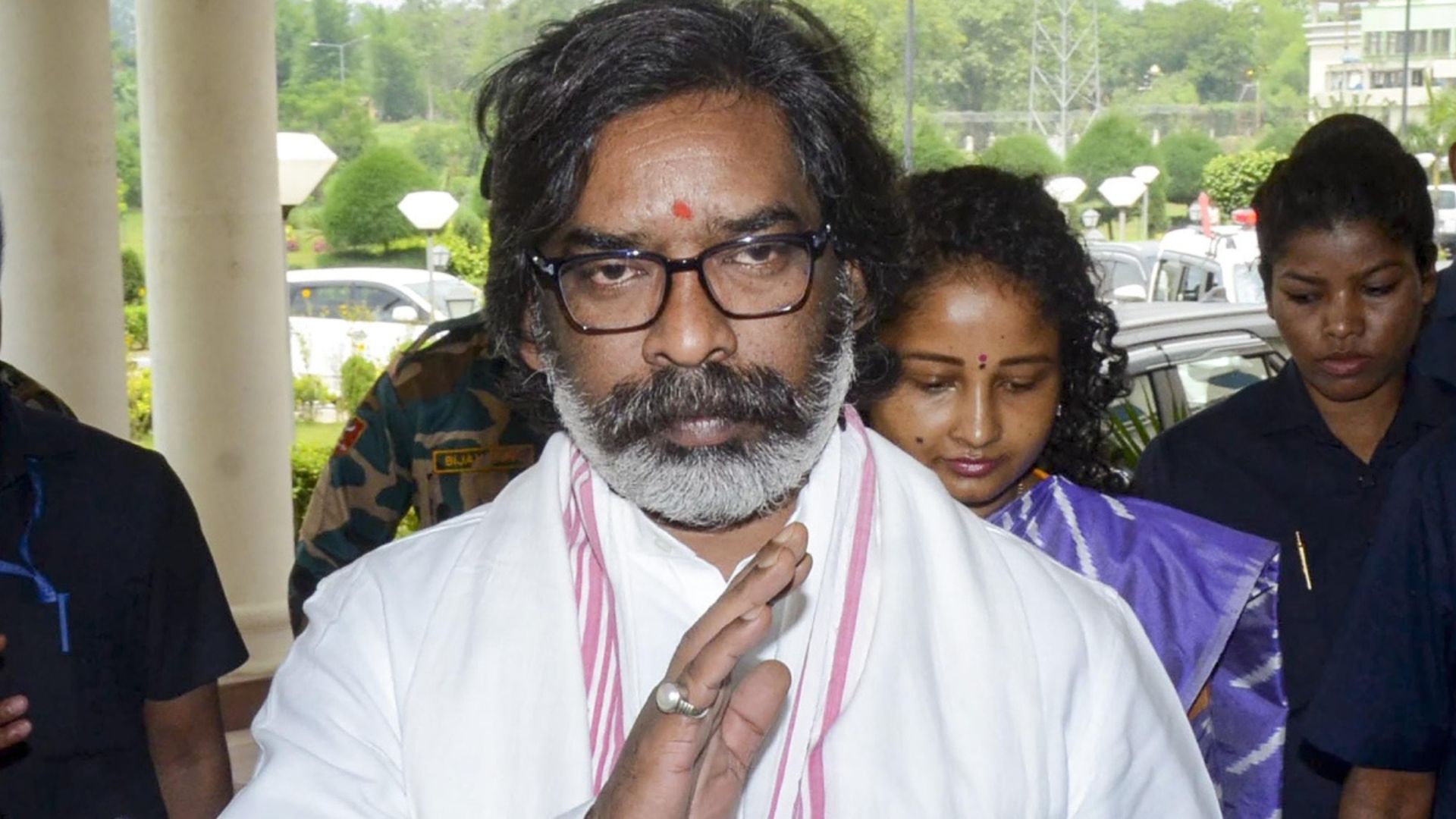
Before the Union Budget announcement this year, anticipated to be presented by Finance Minister Nirmala Sitharaman this month, an analysis of market trends reveals that investors typically decrease their investments one week prior to the budget and resume investing one week after Budget day. This market behavior has been observed since 2000, according to a report by Capitalmind cited in the Economic Times.
It said, “Market behaviour one week before and one week after Budgets are interesting mirror-images of each other as investors seem to reduce exposure due to uncertainty up to Budget day, negative 63% of the time, followed by re-entering once the uncertainty recedes after the event, positive 62% of the time.”
Capitalmind’s Anoop Vijaykumar said, “What our study implies is that while there tends to be significant volatility leading up to and immediately after the budget brd on expectations, the longer term is driven by the underlying fundamentals of corporate earnings growth. Long-term investors should avoid making significant equity allocation decisions brd on expectations or announcements made in the Budget.”
The study also highlighted that Union Budgets do not reliably predict annual returns.
“In the 2003 Union Budget, the NDA government prioritised reducing the deficit by introducing new taxes, including state-level VAT and service tax. The CNX500, the broad market index of the top 500 companies in India, ended the day up 0.5%. A month later, the index was down 6%. A year later, the market had doubled,” he said.
According to the report, the highest return on Budget day was 4.1% observed on February 1, 2021, while the lowest return was recorded at -5.4% on July 6, 2009.















